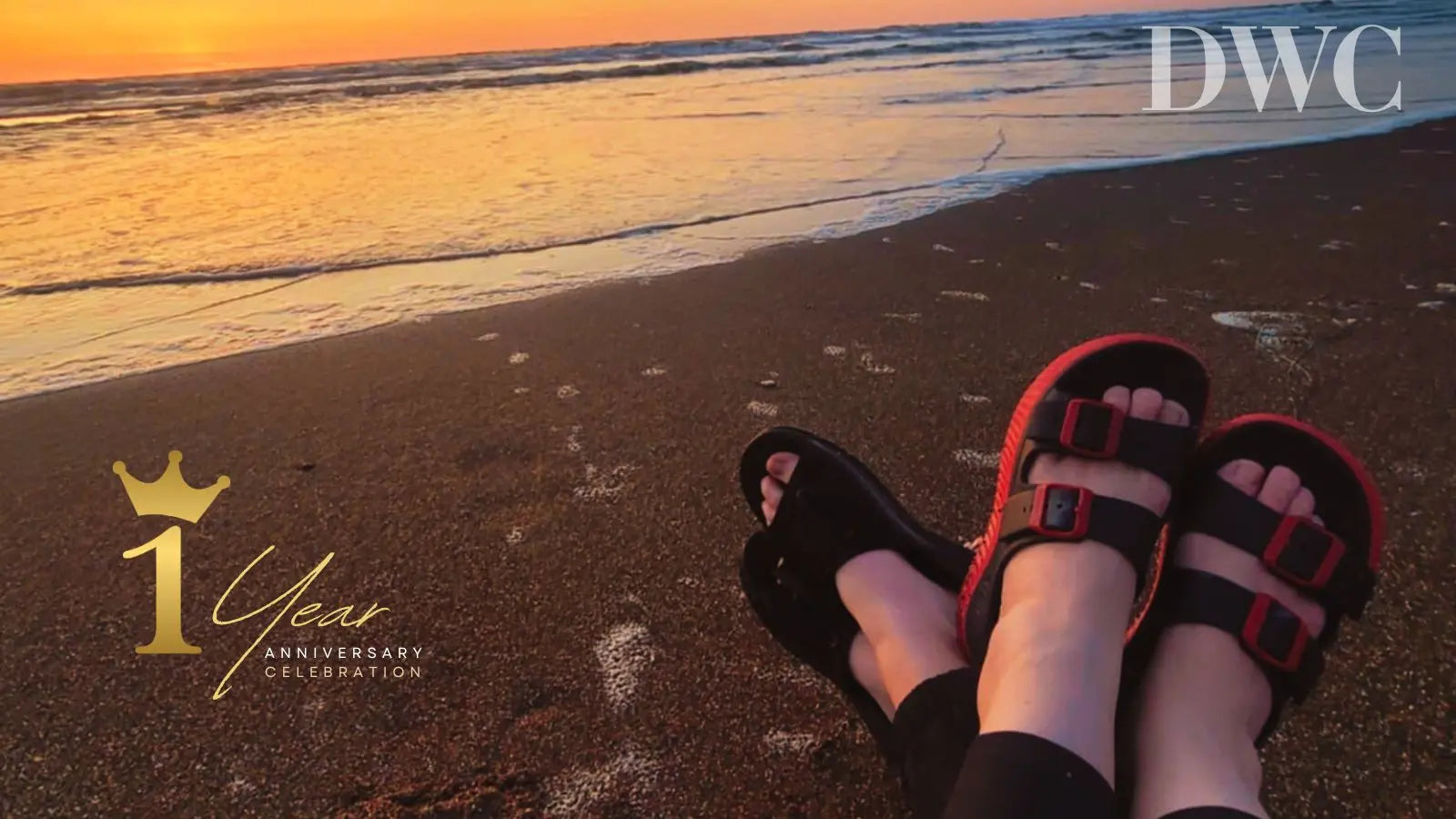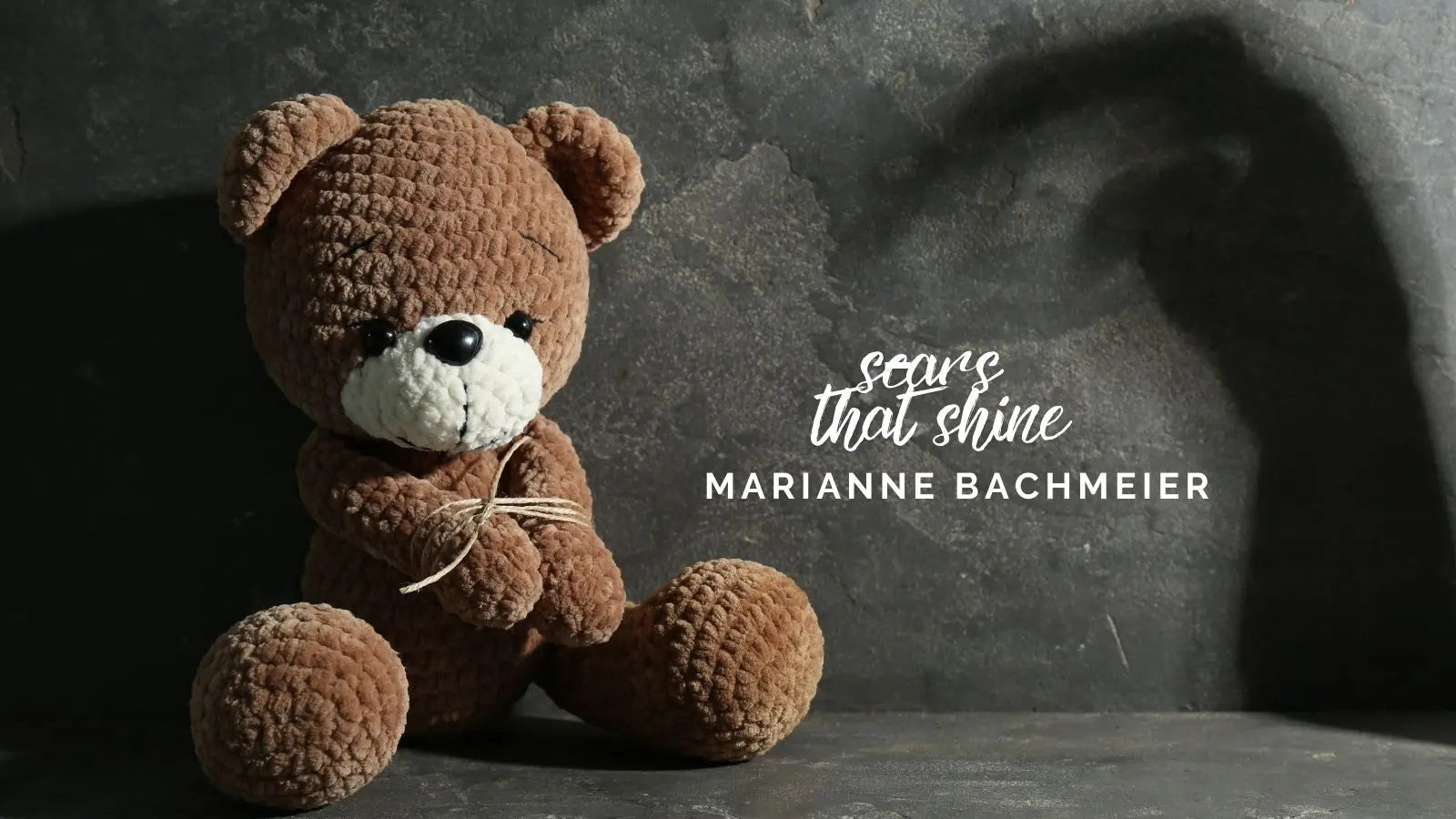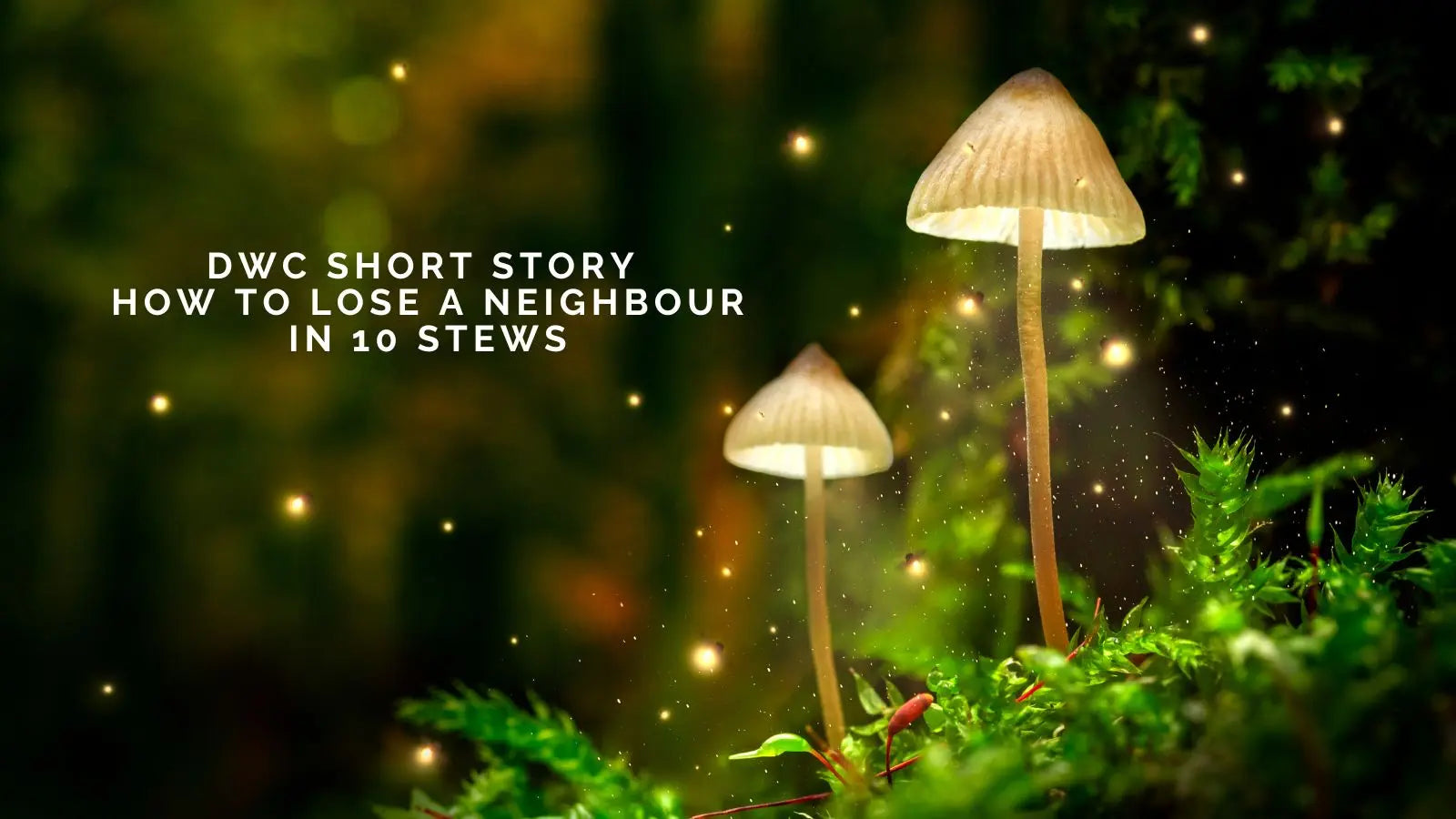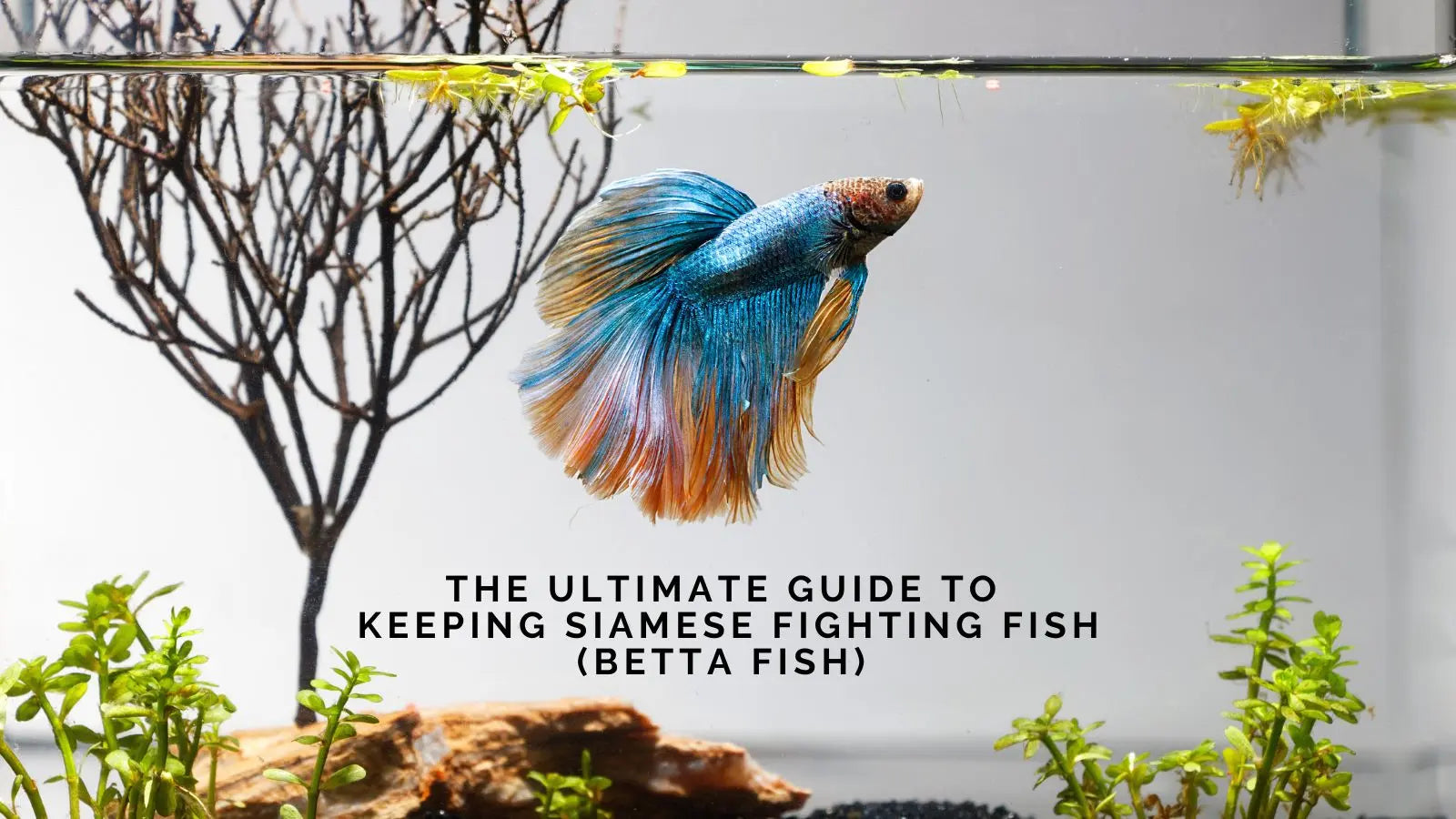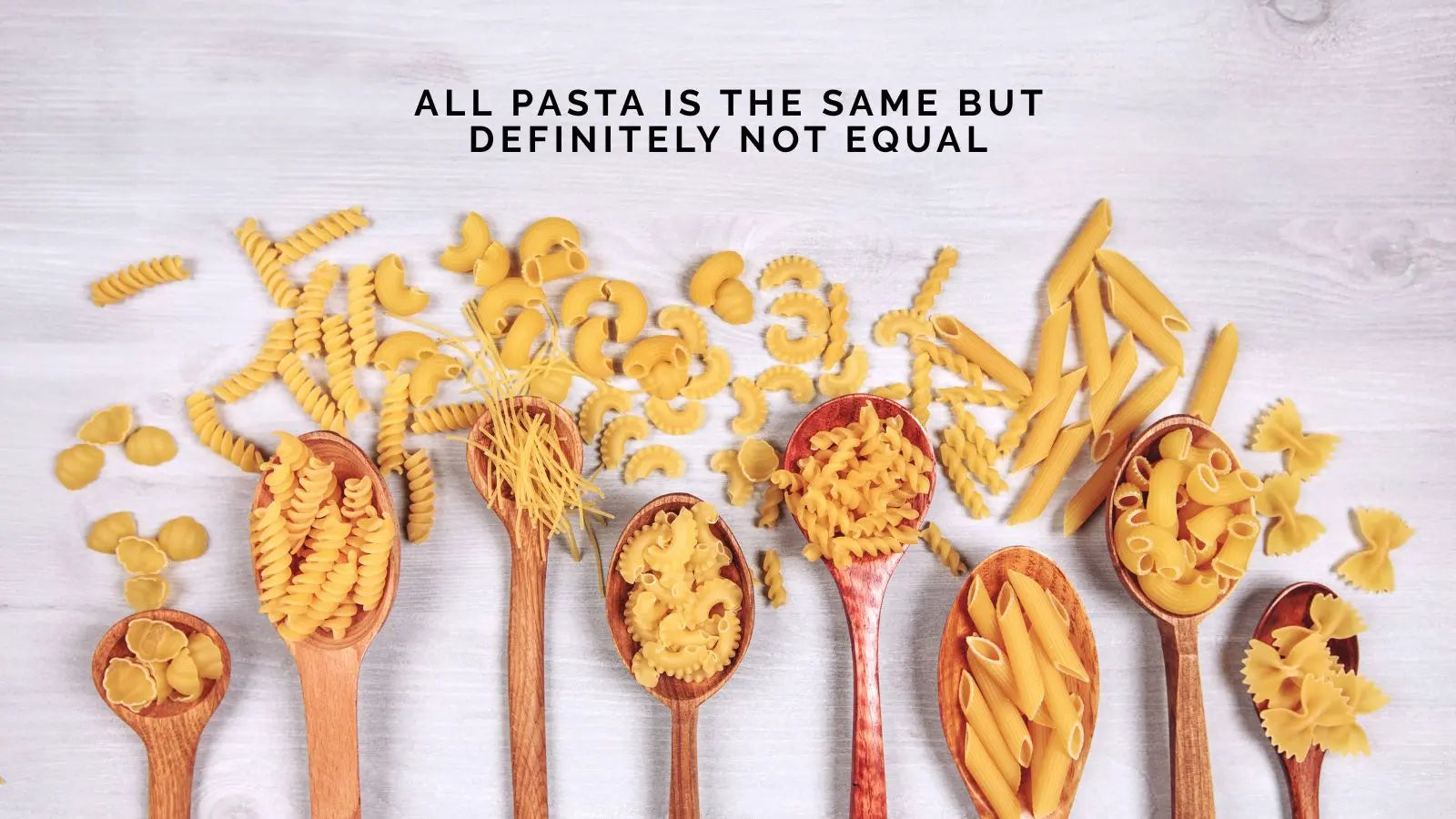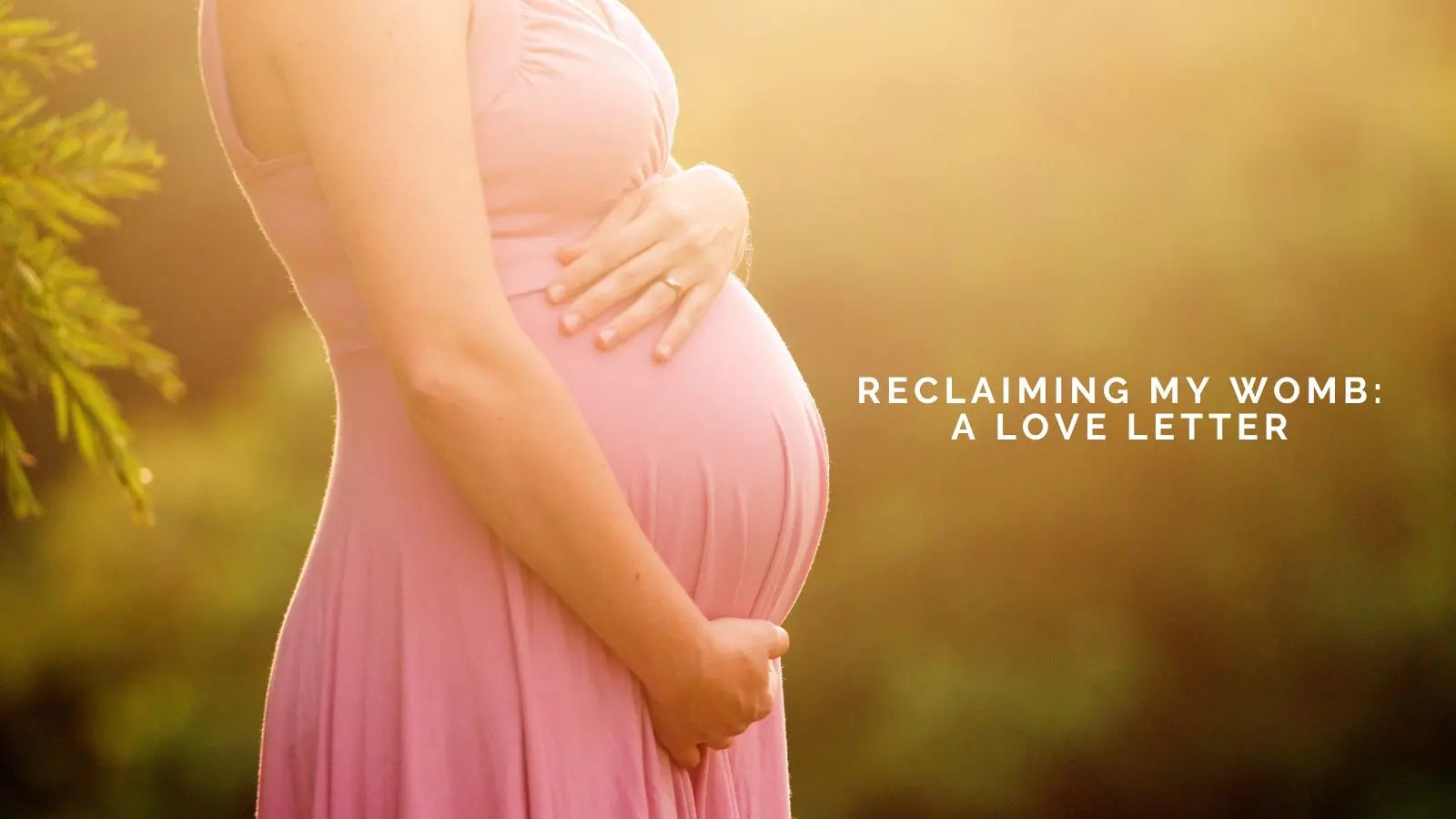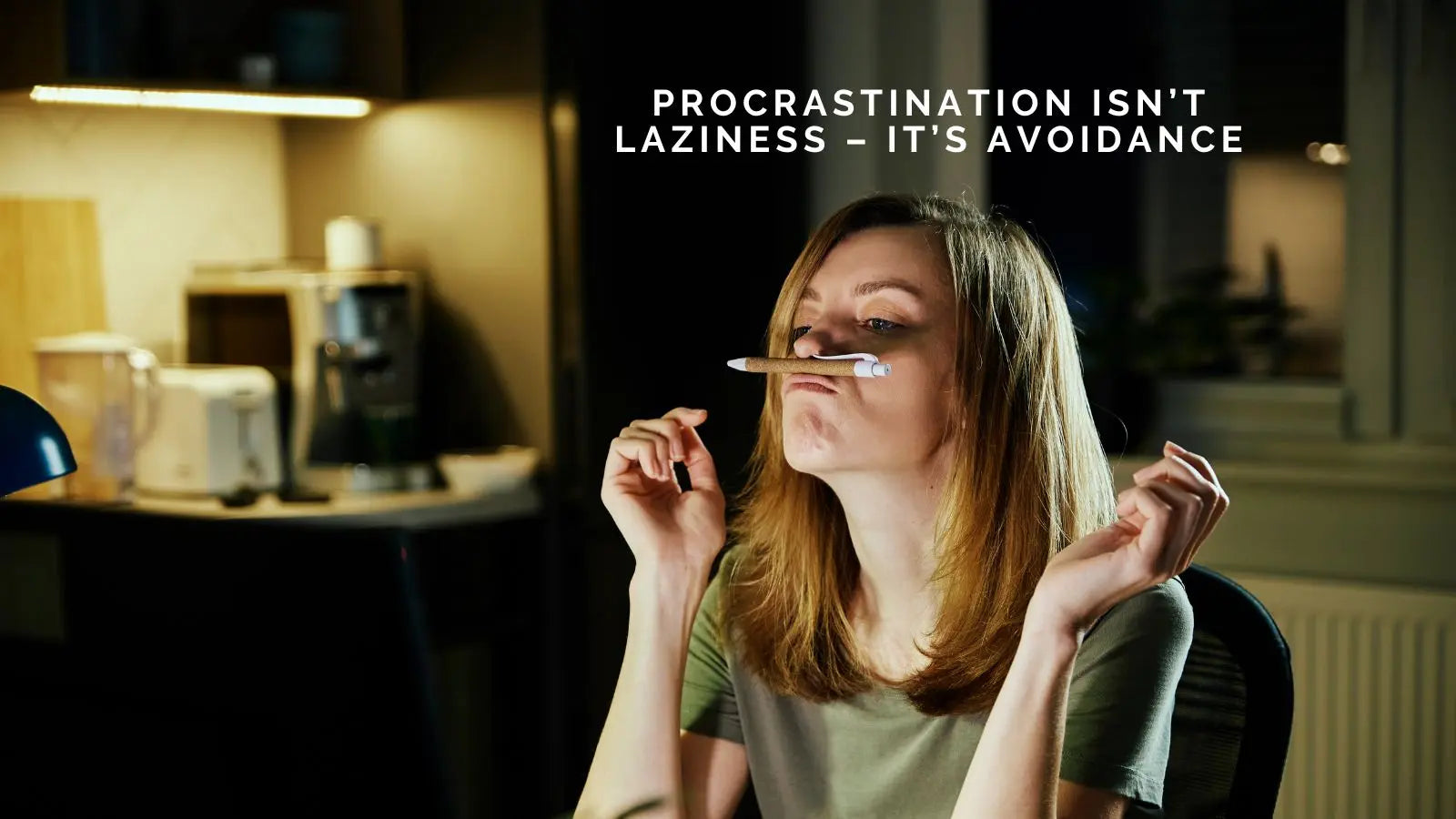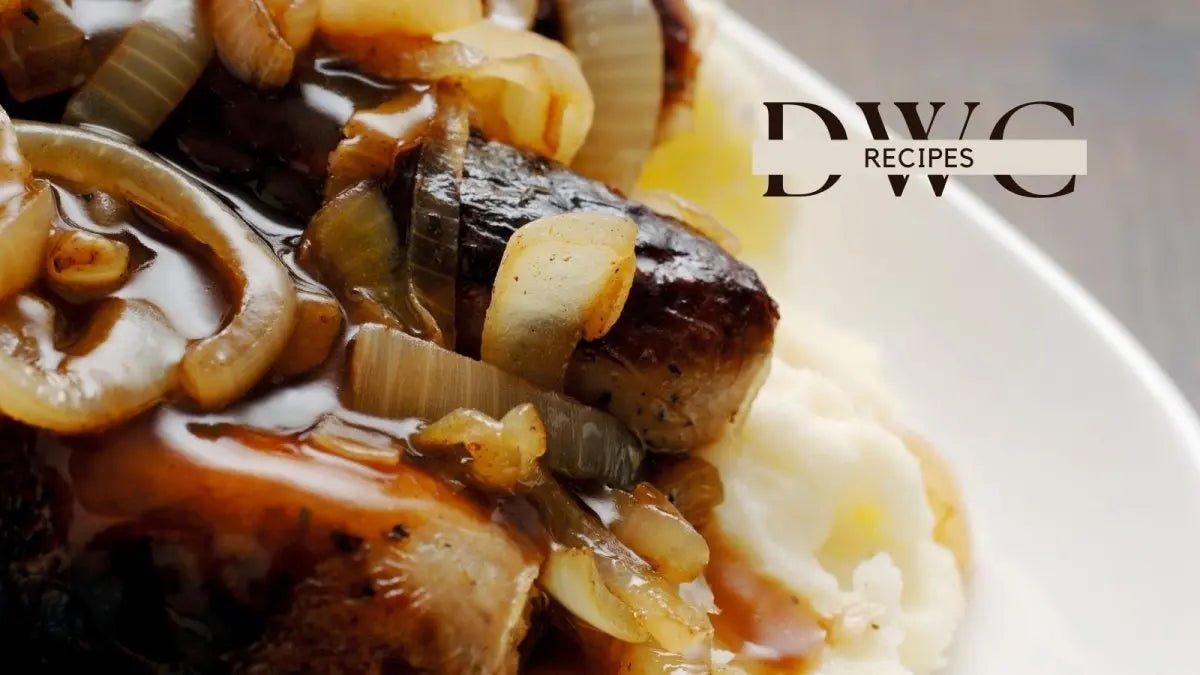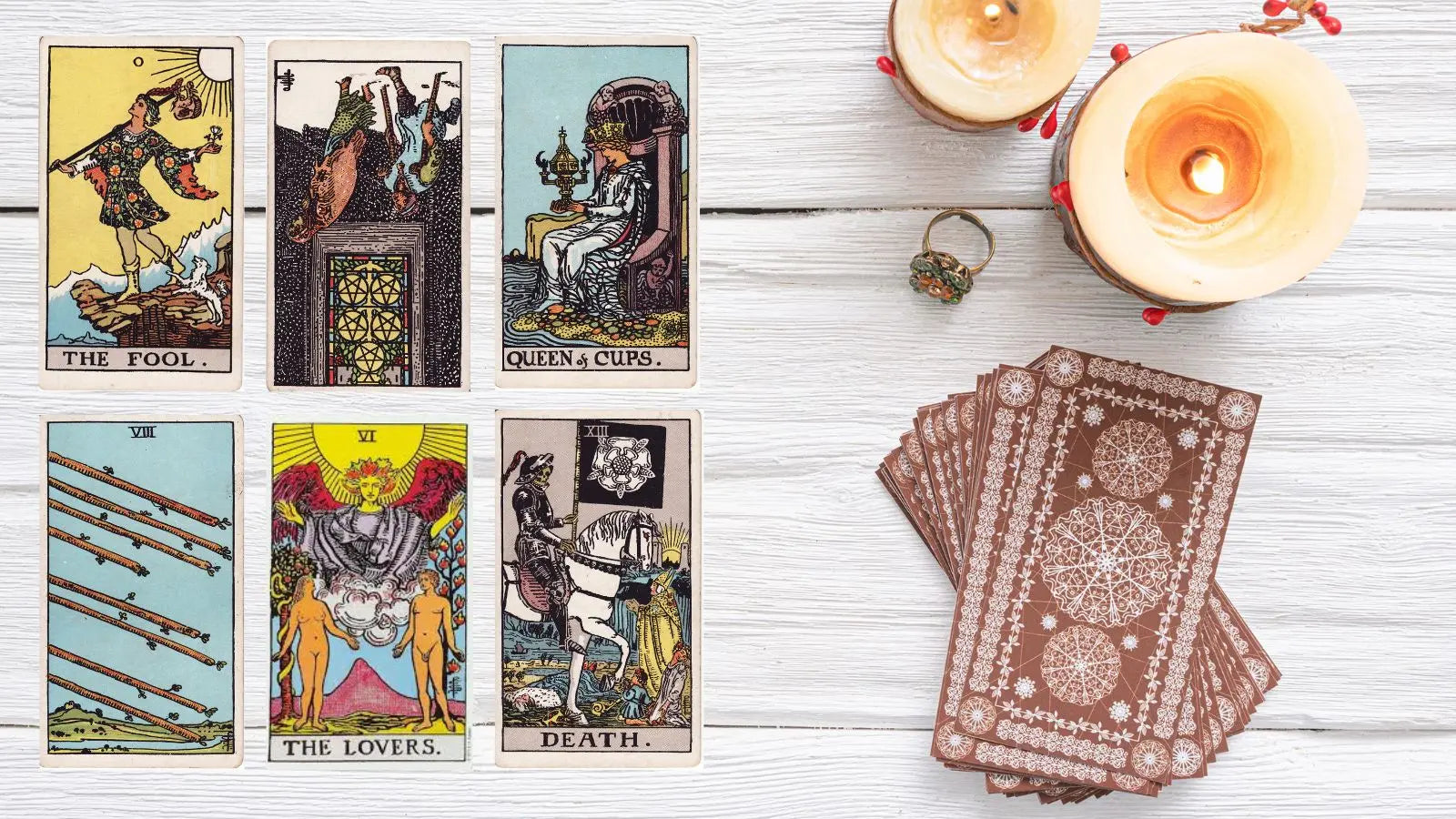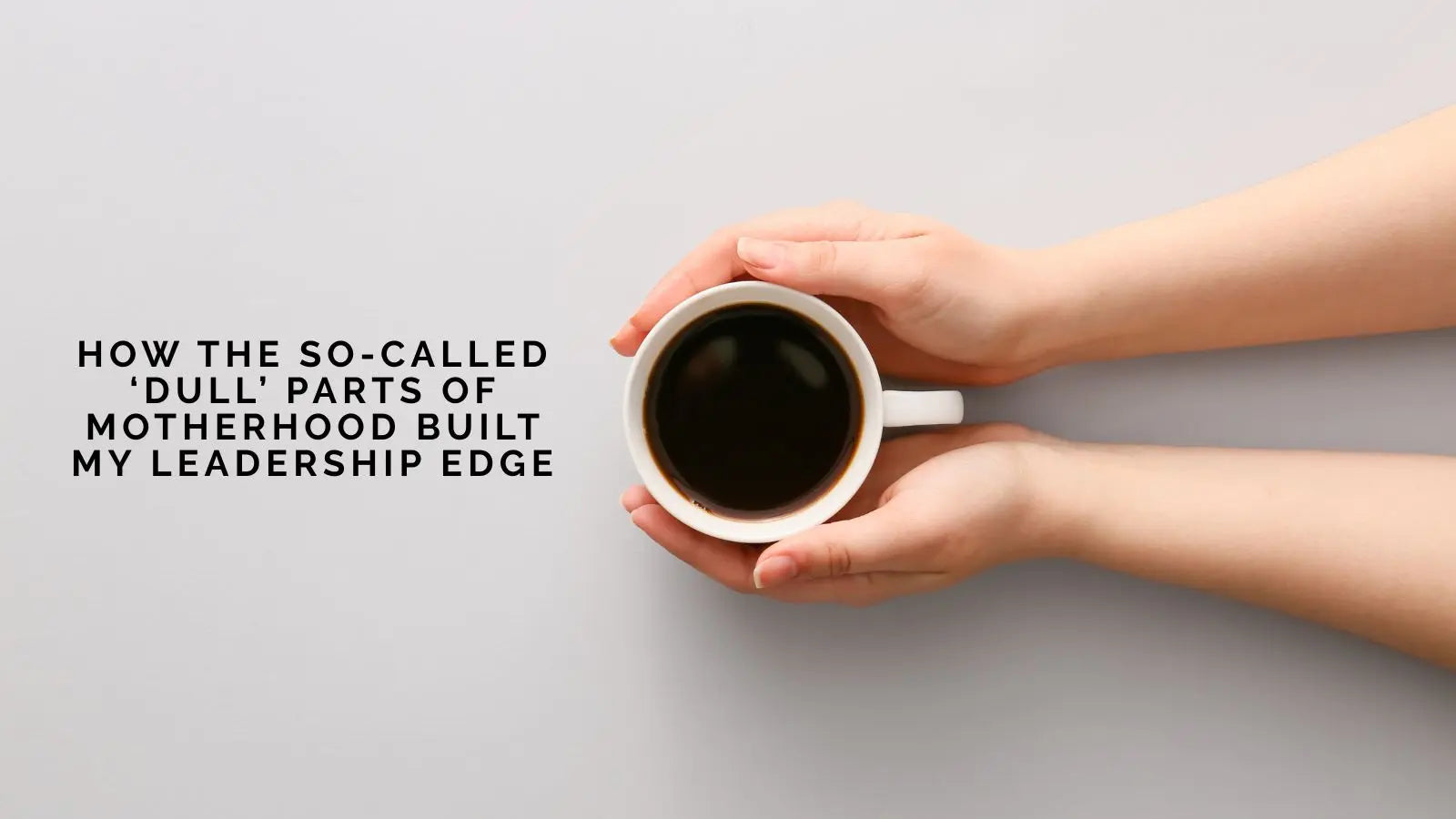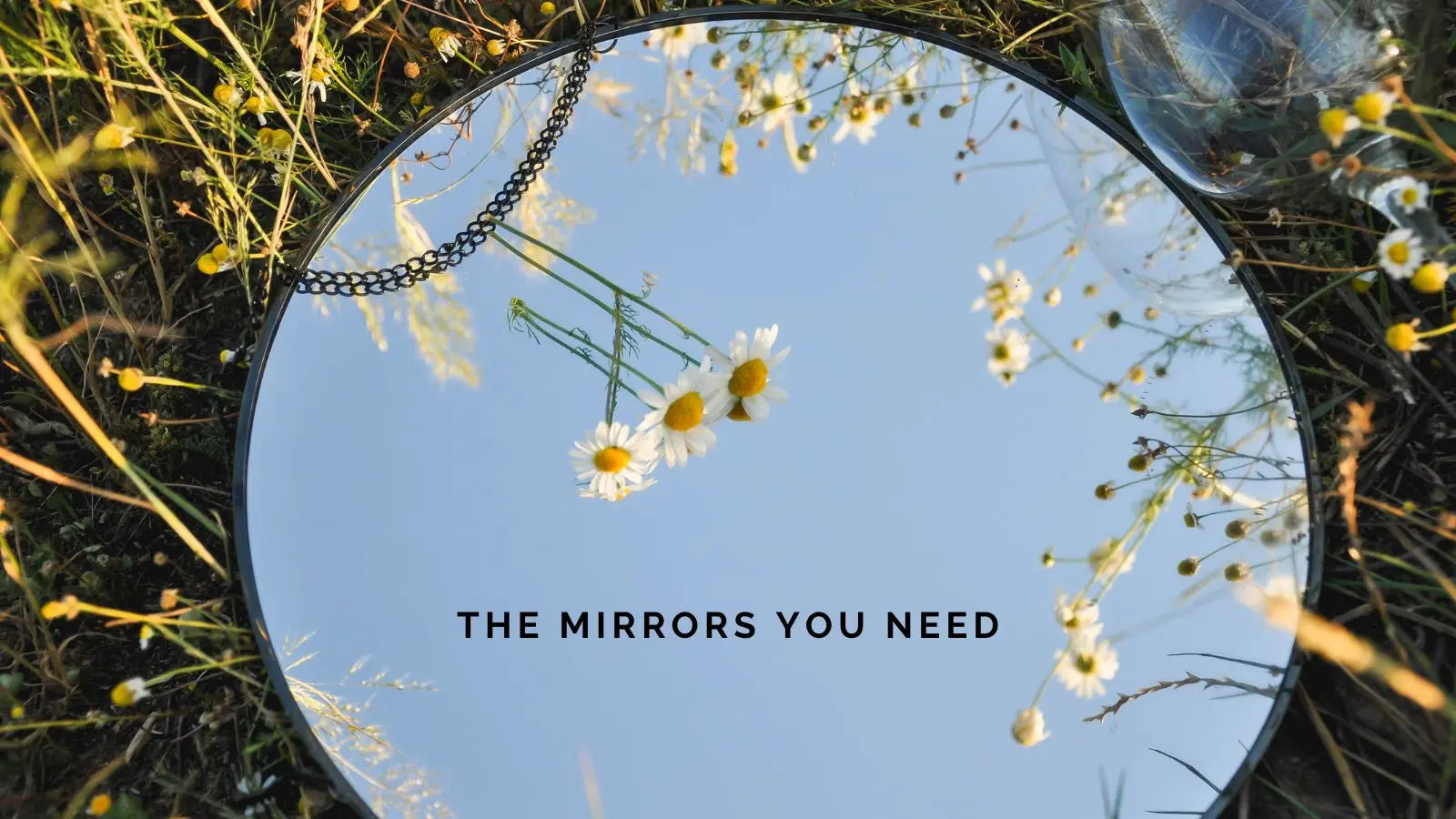
If ever a film wore both pearls and boxing gloves, it’s Steel Magnolias (1989). Directed by Herbert Ross and adapted from Robert Harling’s stage play of the same name, this heartfelt drama-comedy became a cultural phenomenon — equal parts tearjerker and tonic, with hair as big as the emotions it stirs. It’s not just a film; it’s a rite of passage for anyone who’s ever laughed through tears or bonded with their chosen family.
Set in the small town of Natchitoches, Louisiana (yes, it’s real — and yes, you can visit!), Steel Magnolias revolves around a tight-knit group of Southern women who gather regularly at Truvy’s beauty salon, which doubles as the community hub. The story orbits around six women: Truvy (Dolly Parton), M'Lynn (Sally Field), Shelby (Julia Roberts), Clairee (Olympia Dukakis), Ouiser (Shirley MacLaine), and Annelle (Daryl Hannah).
It’s a slice-of-life film, spanning the seasons of weddings, holidays, births, and funerals — all stitched together with the warmth, wit and wisdom of women who love hard and hold nothing back.
Let’s be honest — the cast is the cinematic equivalent of an all-star girl group.
Sally Field is the emotional anchor as M’Lynn, the fiercely protective mother. Her breakdown at the funeral? Devastating. Iconic. Meme-worthy and Oscar-snubbed.
Julia Roberts, in her breakthrough role as Shelby, gives a luminous performance as the spirited young diabetic bride who dreams of having a child, despite the risks. Her tragic storyline is the emotional heart of the film.
Dolly Parton as Truvy is pure sunshine with a Southern twang, offering one-liners and hairspray in equal measure.
Shirley MacLaine's Ouiser is delightfully unfiltered — “I’m not crazy, I’ve just been in a very bad mood for 40 years!”
Olympia Dukakis as Clairee is all class and sass, often clashing with Ouiser in the most deliciously quotable ways.
Daryl Hannah as Annelle offers a sweetly awkward arc from shy newcomer to born-again Christian, adding a touch of quirky innocence.
Each character embodies the film’s central theme: resilience in femininity. These women are soft like magnolias but tough as steel — hence the title, a tribute to the paradox of Southern womanhood.
Originally a play, Steel Magnolias doesn’t stray far from its theatrical roots — most scenes take place in one setting (Truvy’s salon), and dialogue drives the film. Herbert Ross brings it to life cinematically by leaning into the lush Southern visuals: slow fans, porch swings, dripping wisteria, and pastel bridesmaid gowns that could blind an astronaut.
The pacing might feel stagey at times, but the intimacy works. You feel like you're eavesdropping — not watching — and that makes the emotional beats land harder.
At its core, Steel Magnolias is about female friendship, generational trauma, motherhood, grief, and faith. It dares to ask: how do women survive tragedy and still wake up the next morning to make biscuits and tease bangs?
The magnolia itself is symbolic — a flower that blooms boldly, with strength beneath its beauty. That’s Shelby. That’s M’Lynn. That’s every woman in this film. The juxtaposition of beauty (flowers, weddings, Christmas lights) with pain (illness, death, loss) is intentional. Life doesn’t stop being beautiful just because it breaks your heart.
Though it didn’t sweep awards season, the film earned Julia Roberts a Golden Globe win and an Oscar nomination for Best Supporting Actress — a feat that helped catapult her to '90s stardom.
Critics were mixed initially — some found it “too sentimental” — but audiences had the final word. The film grossed over $95 million worldwide (on a $15 million budget) and became a beloved staple in both film history and girl-night movie marathons.

It wasn’t all magnolias and moon pies on set. Director Herbert Ross was reportedly difficult, particularly with Julia Roberts and Dolly Parton. Sally Field has commented in interviews that the director was hard on the younger cast members, especially Julia, who was still fresh-faced and finding her footing.
That said, the actresses bonded in spite of the tension. Roberts herself has said she felt protected by Field, Parton and the others — a dynamic that mirrored their on-screen sisterhood.
Fun fact: Robert Harling, who wrote the original play, based it on the real-life death of his sister Susan. He makes a cameo in the film as the minister at Shelby’s wedding.
Where Are They Now?
Julia Roberts went on to become America’s Sweetheart, starring in Pretty Woman, Erin Brockovich, and countless others.
Sally Field continued her powerhouse career, most recently appearing in Spoiler Alert (2022) and the TV series Dispatches from Elsewhere.
Dolly Parton remains an icon — philanthropist, music legend, and low-key saviour of childhood literacy.
Olympia Dukakis passed away in 2021, but her legacy as a character actress is secure.
Shirley MacLaine is still working — and still delightfully eccentric.
Daryl Hannah has turned to activism and indie projects, and she’s happily married to Neil Young.
For many women (and men), Steel Magnolias became more than a movie. It became a comfort watch, a shared language of quotes, a reminder that it’s okay to be “fine! FINE!” even when you’re absolutely not.
Support groups, women’s retreats, and even therapy sessions have used the film as a conversation starter about grief, friendship, and maternal relationships.
Steel Magnolias might hit you like a freight train of feelings in hairspray form, but it’s an unforgettable tribute to the strength and humour of women. Yes, it’s melodramatic. Yes, it will make you cry in public. But it’s also tender, timeless and true.
As Clairee says: “Laughter through tears is my favourite emotion.”
Well said, madam. Well said.

